The Ministry of Health has just proposed adding pneumococcal vaccine to the Expanded Immunization Program, and at the same time putting pneumococcal disease into the list of infectious diseases that require mandatory vaccination for children.
Medical news on February 5: Proposal to include pneumococcal vaccine in the Expanded Immunization Program
The Ministry of Health has just proposed adding pneumococcal vaccine to the Expanded Immunization Program, and at the same time putting pneumococcal disease into the list of infectious diseases that require mandatory vaccination for children.
The Ministry of Health proposes to include pneumococcal vaccine in the Expanded Immunization Program.
The Ministry of Health has just proposed adding pneumococcal vaccine to the Expanded Immunization Program, and at the same time putting pneumococcal disease into the list of infectious diseases that require mandatory vaccination for children.
This is one of the important contents in the draft amendment and supplement to Circular No. 10/2024/TT-BYT on the list of infectious diseases and mandatory vaccines.
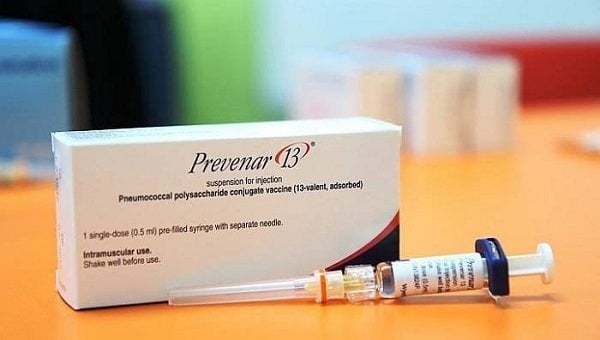 |
| Illustration photo. |
The Ministry of Health is currently drafting amendments and supplements to Circular No. 10/2024/TT-BYT, issued on June 13, 2024, on the list of infectious diseases, subjects and scope of mandatory use of vaccines and medical biological products.
According to the draft, the Ministry of Health proposes to add pneumococcal disease to the list of infectious diseases requiring mandatory vaccination for children. Pneumococcal vaccination will be an important step forward in reducing infectious diseases that can cause serious complications.
According to Circular No. 10/2024/TT-BYT, there are currently 11 infectious diseases that require mandatory vaccination in the Expanded Immunization Program, including hepatitis B, tuberculosis, diphtheria, whooping cough, tetanus, polio, meningitis caused by Haemophilus influenzae type b, measles, Japanese encephalitis B, rubella, and diarrhea caused by Rota virus.
The Ministry of Health said that pneumococcal vaccines will be deployed nationwide for children under the Ministry's direction, based on Resolution No. 104/NQ-CP dated August 15, 2022 of the Government on the roadmap to increase the number of vaccines in the Expanded Immunization Program for the 2021-2030 period.
According to the plan, the pneumococcal vaccine will be officially included in the Expanded Immunization Program from 2025, along with the Rotavirus vaccine. Next, the cervical cancer vaccine is expected to be included in the program from 2026, and the seasonal flu vaccine will be deployed from 2030.
The inclusion of pneumococcal vaccine in the Expanded Program on Immunization is an important step in the strategy to prevent serious infectious diseases, especially in children.
Pneumococcus is the cause of many serious diseases such as meningitis, pneumonia, otitis media, and complications that can be life-threatening if not treated promptly. By introducing this vaccine into the Immunization Program, the Ministry of Health hopes to reduce the incidence of the disease and protect public health, especially children.
Increased hospitalizations due to high blood sugar
Statistics from the Central Endocrinology Hospital show that during the 9-day Lunar New Year holiday from January 25 to February 2, the number of hospitalizations increased by about 40% compared to the 2024 Lunar New Year. In particular, many cases of hospitalization were due to high blood sugar, most of which were patients with chronic diseases.
According to records from the Emergency Department, during the Tet holiday, the hospital received many emergency cases due to uncontrolled blood sugar, mainly patients with diabetes.
Specialist II Doctor Tran Van Dong, Head of the Emergency Department of the Central Endocrinology Hospital, said that high blood sugar is mainly caused by eating foods high in starch, fat, and low in fiber, as well as consuming a lot of alcohol and carbonated soft drinks during Tet.
In addition, during the holidays, many people tend to be less active and their diets also change compared to normal days. This change increases the risk of increased blood sugar, especially for patients with chronic diseases such as diabetes and high blood pressure. This is the main reason for the increase in the rate of patients hospitalized during Tet.
Although the number of hospitalizations increased compared to last year, the leader of the Central Endocrinology Hospital said that the hospital has proactively developed specific plans, increased treatment staff, and ensured that it can meet the needs of medical examination and treatment during Tet.
According to Dr. Dong, thanks to careful preparation and proper implementation of the treatment regimen, the hospital has controlled the situation well, with no professional errors or serious illness progression during the past time.
Doctors recommend that during Tet, patients with chronic diseases should maintain a healthy diet, limit foods high in starch and fat, increase fiber and limit alcohol and carbonated soft drinks. In addition, maintaining a light exercise routine during the holiday is also very important to control blood sugar and limit unfortunate complications.
Warning of choking accidents
Every month, a general medical facility receives nearly 60 cases of foreign body aspiration, mainly bone aspiration during parties. The situation of foreign body aspiration often increases at the end of the year due to year-end parties, New Year's Eve parties, and careless eating. Factors such as eating in a cheerful atmosphere, talking, singing or drinking alcohol while eating reduce concentration when chewing and swallowing, leading to the risk of foreign body aspiration.
Some people choke on foreign objects but because they are at a party or busy with year-end work do not go to the doctor in time. This can lead to serious complications if left for a long time.
A typical example is the case of Ms. PNM (30 years old, Ho Chi Minh City) at a year-end party at a restaurant. While eating roasted duck, she felt a sharp pain in her throat and had difficulty swallowing. Although she tried to drink a lot of water to push the bone down, her condition got worse with symptoms of coughing, difficulty breathing and sore throat. Ms. M. only went to the hospital the next morning and through endoscopy and CT scan, doctors discovered a foreign object suspected to be a duck bone stuck in the upper third of her esophagus.
This foreign object had a sharp tip, pierced the esophageal wall, and could not be removed by endoscopy at the clinic due to the risk of esophageal perforation. After being taken to the operating room, the anesthetist and endoscope successfully removed the foreign object after only 15 minutes. The 4 cm long piece of duck bone was removed, Ms. M's health was stable, no longer in pain and could eat and drink normally.
According to experts, duck bones are often hard and sharp, causing more damage to the mucosa than other types of bones, which can cause mucosal tears, inflammation and abscesses. Duck bones are also easily stuck in the deep position of the lower throat and esophagus, making them very difficult to detect and remove without medical intervention.
If foreign bodies in the esophagus are detected and removed early, many complications can be avoided. If left for a long time, foreign bodies can move down into the intestines, leading to intestinal perforation and requiring abdominal surgery to remove the foreign body.
If the foreign body is not removed promptly, it can cause esophageal perforation, leading to mediastinitis, cellulitis, and even pericarditis if the infection spreads to the heart area. Esophageal foreign bodies can also put pressure on the trachea or bronchi, causing difficulty breathing and the risk of respiratory failure.
Another case is Mr. LPA (45 years old, Dong Nai), when eating fish at a year-end party, he felt a lump in his throat and pain after eating and talking at the same time.
Although he drank water and swallowed rice to push the foreign object down, he still felt pain and had difficulty swallowing. Because he was busy with work at the end of the year, he did not go to the doctor right away, only going to the hospital when he had a high fever and could not eat or drink.
A CT scan showed that the fish bone had lodged deep into the back of the throat and caused an abscess. The medical team had to perform emergency surgery to incise the abscess and remove the foreign object, while also treating it with antibiotics and draining the pus to prevent the infection from spreading.
According to doctors, if a throat abscess is not treated properly, it can cause widespread infection and even be life-threatening. To avoid choking on foreign objects, people should chew thoroughly, eat slowly, limit talking or laughing while eating, and be especially careful with foods containing bones or hard shells. For children and the elderly, bones should be removed before eating.
If there are signs of suspected foreign body aspiration such as difficulty swallowing, sore throat, cough, hoarseness, difficulty breathing, you should go to a medical facility immediately for timely treatment. If you arrive later than 24 hours, inflammation may occur, and after 48 hours, it may cause an abscess. Patients should not self-treat with folk remedies such as swallowing rice, drinking water or hitting the chest because it can push the foreign body deeper.
Source: https://baodautu.vn/tin-moi-y-te-ngay-52-de-xuat-dua-vac-xin-phong-benh-do-phe-cau-vao-chuong-trinh-tiem-chung-mo-rong-d244355.html


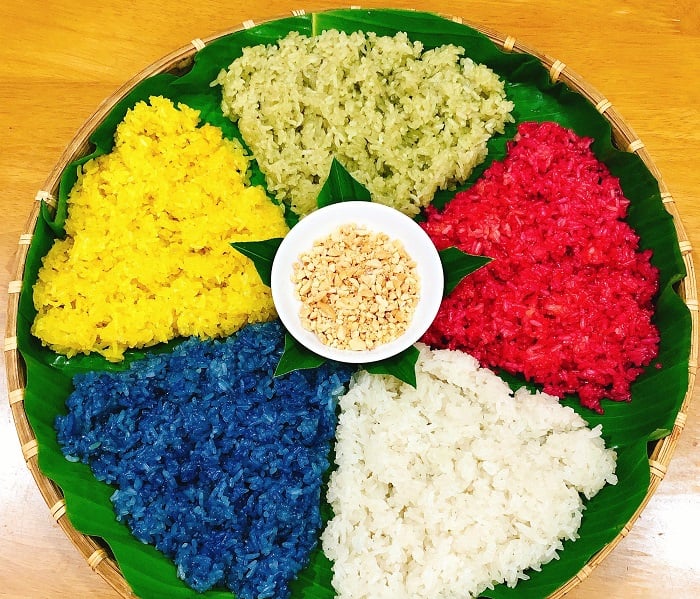

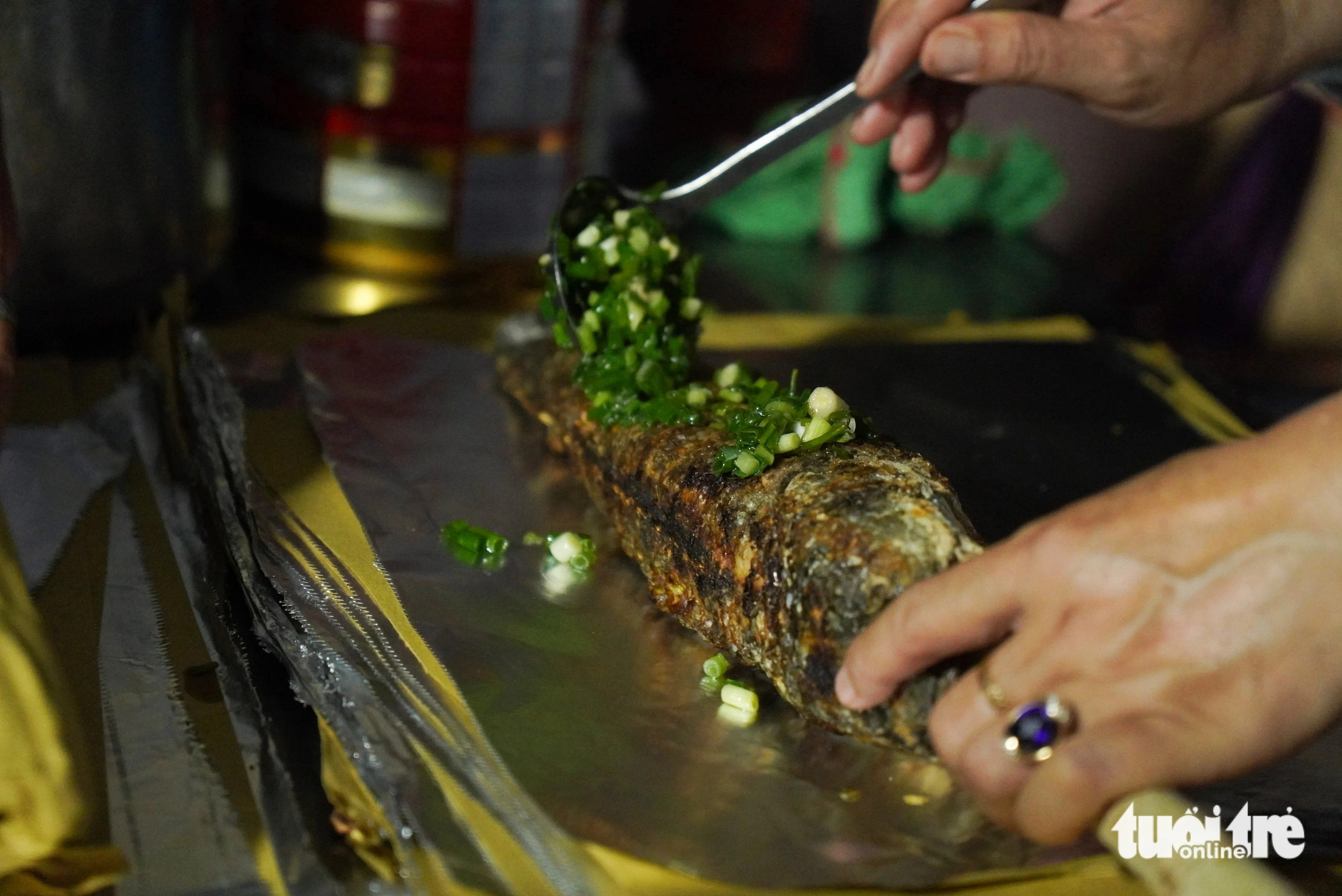

























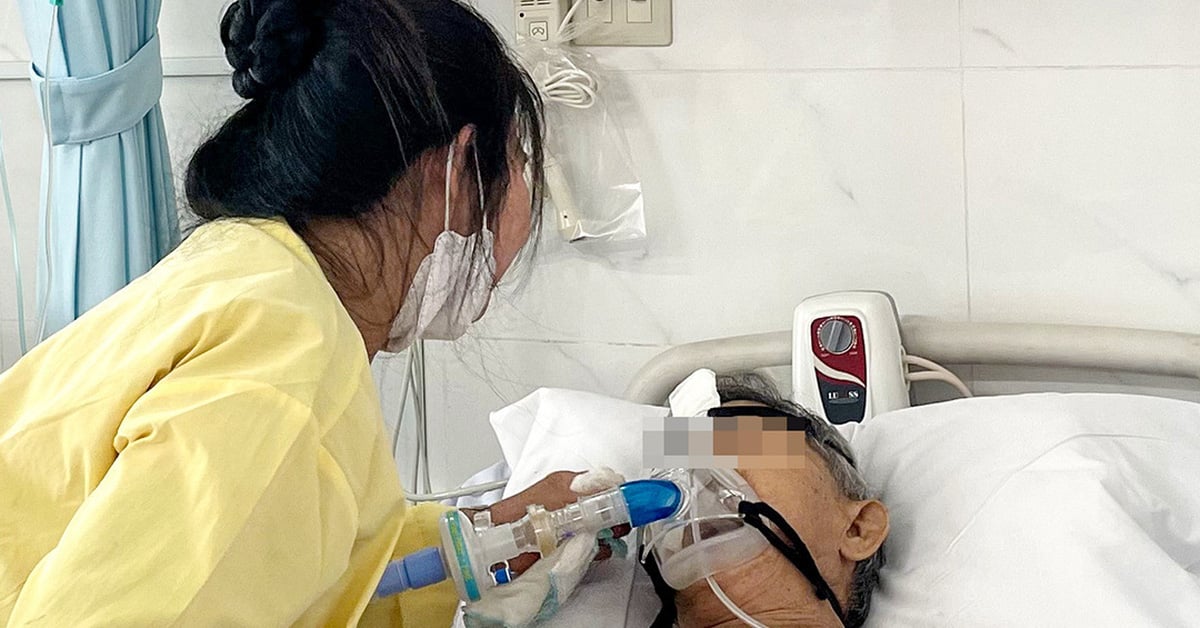

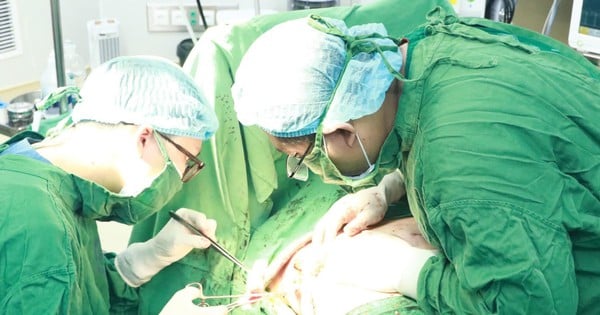


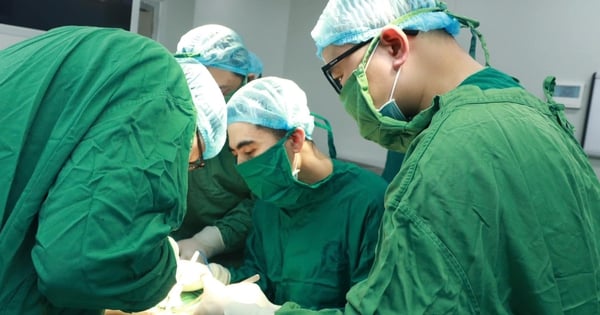

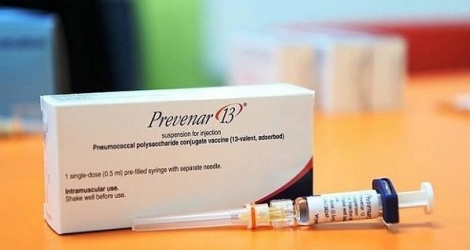
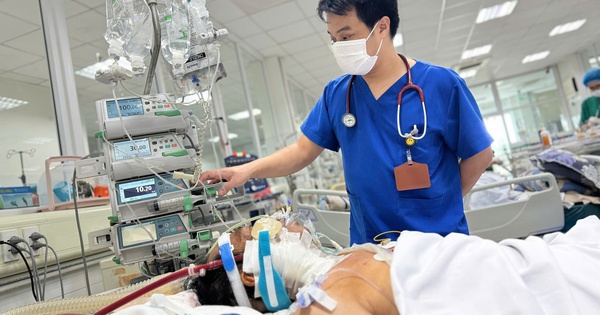


















Comment (0)